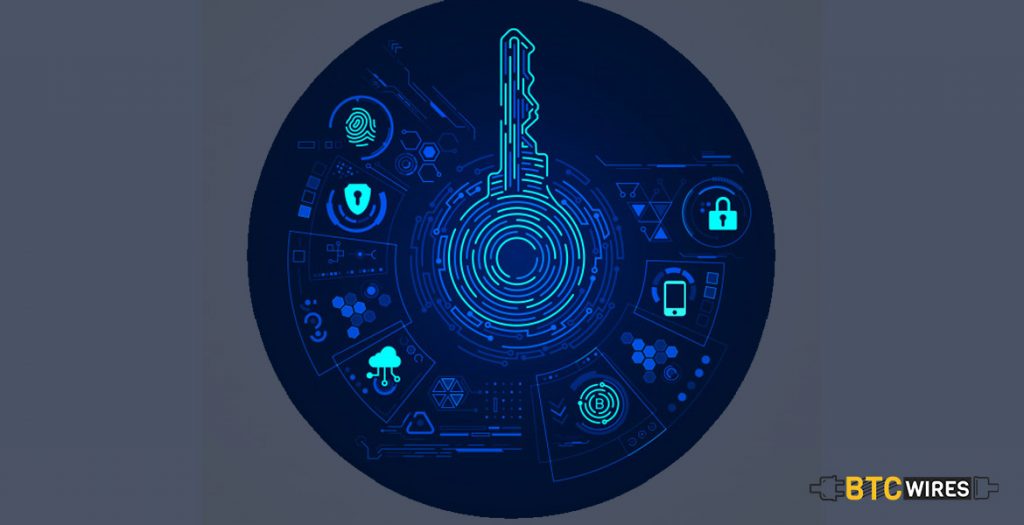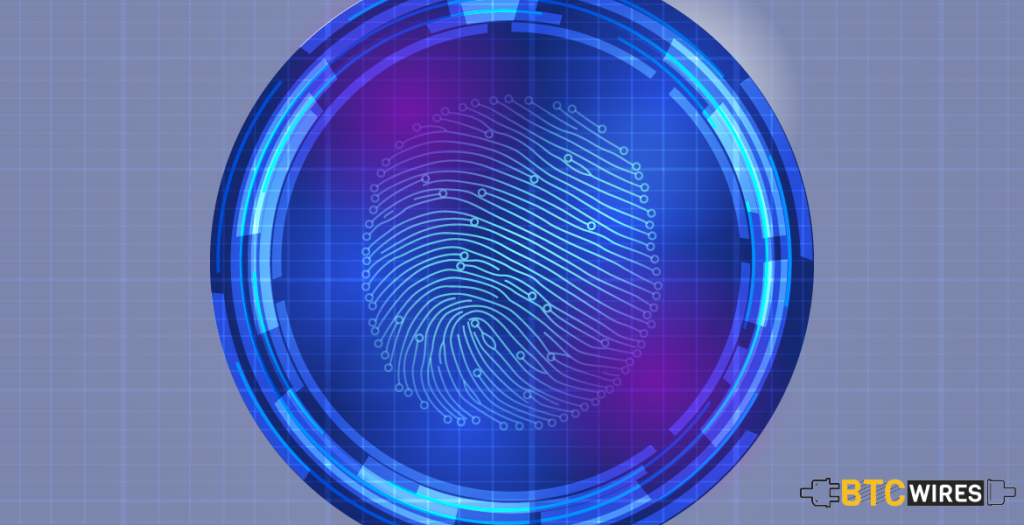Oct 25, 2018 12:30 UTC
| Updated:
Oct 25, 2018 at 12:52 UTC
Blockchain Use Case: Digital Identity
The wave of digitization is spreading by leaps & bounds and is influencing nearly every facet of human life. The convenience offered by digitization has helped us to make use of digital tools for completing multiple tasks like the purchase of tickets, goods and executing financial transactions.
A secure ecosystem is the key requirements for adding fuel for the further growth of digitization. In order to achieve this, it’s important to carefully recognize every user and establish unique ownership of the underlying transactions. The enhanced use of online platforms, such as social media networks, to access financial services has prompted an alarming growth in cybercrime. Instances of professional network passwords, email accounts and credit card details being compromised have become quite frequent, and the task at hand is to restore the confidence of the consumer in the security of virtual transactions.
Traditional identity systems are cost-ineffective, inadequate and fragmented in the face of sophisticated attacks, and they limit the ability of financial institutions to offer a seamless transaction experience. In this way, deploying modern yet robust digital identity systems is another step to establish the true digital identity of individuals, assets as well as companies.
The Blockchain Solution

A digital identity solution that is based on blockchain is immutable, economical, secure and easily accessible while offering a legitimate audit trail. Distributed Ledger Technology is an incorruptible decentralized ledger which not just provides a transaction medium but also works as a repository of every transaction in hashed digital packets known as blocks. The benefit of a DLT-based identity system over the traditional ones is its ability to note and record each identity that is shared in the global network as well as maintain continually reconciled information throughout the network.
3 Ways Blockchain Can Disrupt This Industry
1. Reduce Identity Theft

Identity theft is, undoubtedly, an ugly experience that nobody would like to get caught. It takes you from a hundred to zero in just a matter of seconds. After that, you need to go on resetting everything. Call your credit card company to get all your cards changed. Dispute charges which you know nothing about, it’s not just unfair but frustrating too.
Blockchain powered solutions are completely decentralized and don’t have a single point of failure. This implies that there is no way that hackers will be able to hack into the system and access the information. Civic can be articulated as a good example of a Blockchain based solution aiming to reduce fraud and protect users from identity theft.
2. Self-Sovereign ID
Many websites have an option of Login and Sign-Up. Even you must have signed-up and log into many websites. But the truth is that you own your ID and Passwords, but you don’t own your identity, as it’s in the hands of a central point that’s vulnerable to attacks at any point of time.
Blockchain brings an appealing trait for identity. It provides an avenue where only you are in control of your identity. You will be able to update it whenever you feel like, and you can even choose to make it public or private.
3. KYC and Digital Identity

Of course, KYC involves the process of banks verifying and validating your documents as an act of due diligence. The issue with this is that the process of due diligence dependably has to begin anew for every financial institution. This process isn’t just time-consuming but cumbersome as well.
The blockchain is the technology that makes it possible for financial institutions to access customers’ information without always beginning the process of due diligence over and over again.
How Does It Work?
The blockchain technology empowers customers to restrict the sharing of their identity with just trusted entities. DLT-based digital identity works on the public-key cryptography principle, where every identity is a ‘key pair’ that consists of a public key used to send data to an address as well as a private key to read the data.
For instance, a customer shares her digital identity or KYC documents with a DLT-enabled financial institution for the purpose of authenticating himself and qualify his digital identity on the DLT platform. Then institution can share customers’ data with other entities for legitimate reasons, only after receiving the customer’s consent. This facility advantages of all the participants in saving time as well as money by removing the need for KYC at multiple places within and outside the country, thereby optimizing costs in establishing the identities accurately. With a single identity throughout the world, it helps regulators to monitor the fraudulent activities, like money laundering more effectively.
The Technological Adoption

Organizations in several developed nations are keen about this new technology. They have come to know that DLT is more economical, resilient and easily manageable in comparison to the existing fiat currencies, and are experimenting in various use cases.
The technology has finally seen adoption in India. Some commercial banks and research institutions have taken the initiative to test DLT-based solutions for trade finance as well as cross-border remittance solutions. Though, it’s important to increase the scope of digital identity solutions for making sure about the standardization and interoperability in customer-facing processes, risk management and in-house operations practices to reap further advantages.
What’s The Way Forward?
Although, financial institutions have been centering around efficiency gains, yet they may replace the antiquated kludge of inefficient technology solutions in the long run. DLT will see further growth in case the technology is put to utilize in an individual’s everyday activities, like securely transferring or archiving documents, retail purchases, and opening a bank account instantly with a single click.
DLT-based identity solutions have that potential to eliminate the risks which will also allow users to go and try some new things, start new business models and completely revolutionize the business ecosystem.

























































